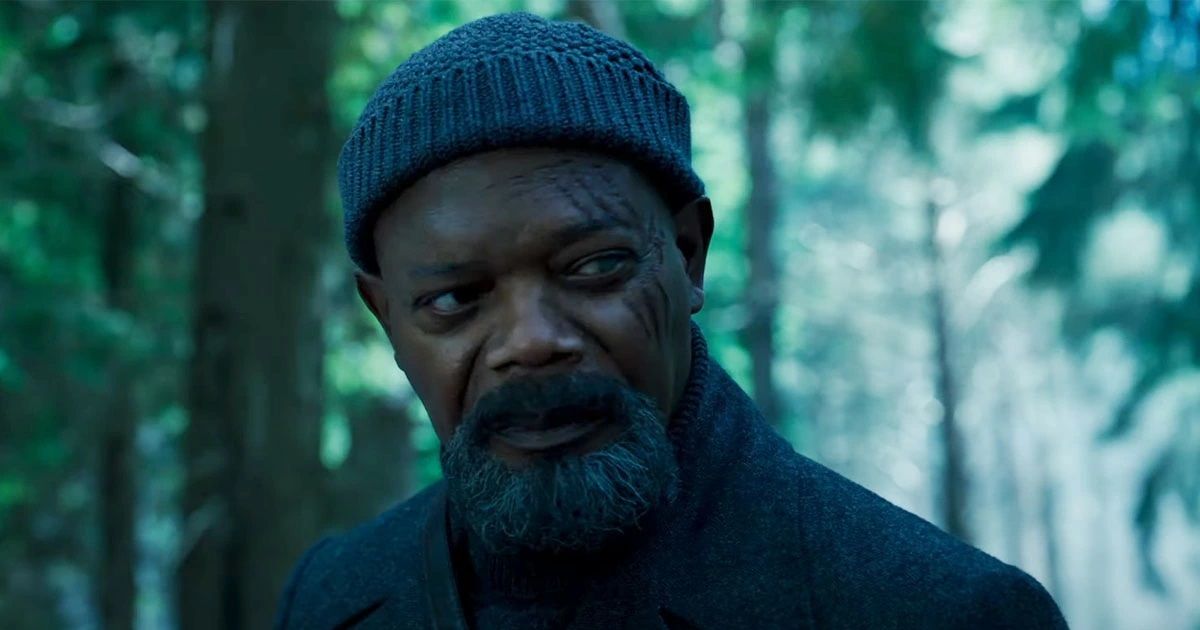The whole idea of cause and effect being a kind of darkness and hell reflects some of
the Merovingian's dialogue from "The matrix reloaded" -- "You think you [know why you are here] but you do not. You are here because you were sent here, you were told to come here and you obeyed. [Laughs] It is, of course, the way of all things. You see, there is only one constant, one universal, it is the only real truth: causality. Action. Reaction. Cause and effect.... Choice is an illusion created between those with power and those without.... What is the reason? Soon the why and the reason are gone and all that matters is the feeling. This is the nature of the universe. We struggle against it, we fight to deny it; but it is of course a lie. Beneath our poised appearance we are completely out of control. Causality. There is no escape from it, we are forever slaves to it. Our only hope, our only peace is to understand it, to understand the why. 'Why' is what separates us from them, you from me. Why' is the only real social power, without it you are powerless. And this is how you come to me, without why,' without power."
The thing is, however, humans are incapable of totally understanding the "why" of things. Desire itself seems to be innate and we can't want what we don't want; we can only want what we
already want. "Why" is difficult if not impossible to determine, and the only "why" we can typically get to is through a chain of cause and effect, which only suggests that we are still the product of our past and the forces that were acting on us.
Dark acknowledges some general aspects of Buddhism, like life is suffering, and suffering comes from desire, so the end of desire is the end of suffering. Buddhism also offers the eightfold path (tents that make righteous living and avoid responding mainly out of desire in life), but Dark is more focused on the things people will do to either find life or end suffering, and how it typically just generates
more suffering in the process. How this process of samsara and life recreating itself anew only perpetuates the cycle of rebirth into an endless cycle of misery and pain, rather than providing the relief that is being sought.
moksha is the liberation from this endless cycle of pain primarily by releasing the notion of an internal consciousness or permanence. It is also reflected a bit in Chidi's description in "The Good Place" of what happens when the soul is released from a cycle:
It kind of blows me away how much "Dark" embodies this concept. Hand it to the Europeans who seem much more willing to explore and embrace these ideas, compared to USA audiences and creators. I was rather surprised how well "The Good Place" did in our market considering it was Philosophy Lite and challenges basic "Christian" conceptions some times.

